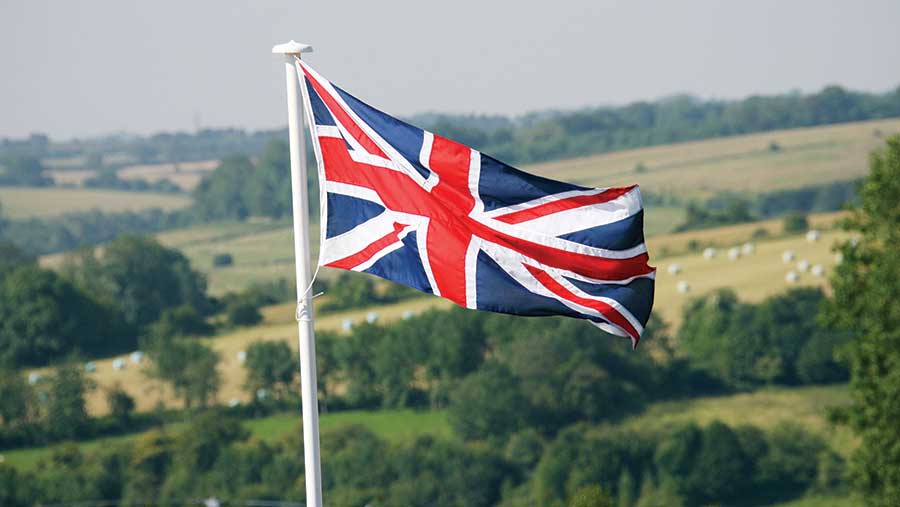EU exit ‘likely’ to lead to reduced farm subsidies
 © Rex/Shutterstock
© Rex/Shutterstock It is hard to see how leaving the EU would be beneficial to UK farmers, with disadvantages including a “likely” reduction in subsidies, according to a report commissioned by the Yorkshire Agricultural Society.
Written by a group led by Wyn Grant, professor of politics at the University of Warwick and a member of the Farmer-Scientist Network, the report considers the possible impact of “Brexit” on farming.
It concluded it was hard to see any advantage to British farmers in leaving the EU and if there was a “yes” vote farmers would face great uncertainty for at least two years.
See also: We have no plan for farming if UK quits EU, says Truss
No date has been set for the EU referendum, but there is speculation it could be as soon as June 2016.
The report acknowledged it was possible the UK could continue subsidy payments at existing levels, using money currently going to EU coffers, but in all likelihood the Treasury would want to reduce its overall expenditure by cutting direct payments.
The report cites a 2005 Treasury policy statement in which it said its vision for UK agriculture was for it to be “internationally competitive without reliance on subsidy or protection”.
“We think it likely that there would be some reduction in subsidies to farmers in the medium term and that Pillar 1 [which funds the Basic Payment Scheme] in particular is more vulnerable,” said the report.
Prof Grant said there was a perception leaving the EU would also reduce the burden of regulation. But he added: “I do not think there will be a bonfire of regulations as the problem is not just from Brussels but from gold-plating by London. There are legal complexities which have not been considered.”
The report acknowledged that impact of an EU exit was very dependent on the negotiations between the UK and the EU after a referendum vote to leave and this was unpredictable.
People’s voting decisions would also be based on a much wider set of considerations than the effect on the farming sector.
But Nigel Pulling, chief executive of the Yorkshire Agricultural Society, likened leaving Europe to taking a “leap in the dark”.
“While there is some dissatisfaction with Europe there is at least certainty, he said. “What this report has highlighted is the complexity of the number of different issues we are facing, but the government hasn’t filled in any of the blanks.”
‘Brexit’ concerns
Support payments: The Treasury could see Brexit as an opportunity to reduce the overall cost of payments to farmers – Pillar 1 funds are thought to be the most vulnerable.
Regulation: Even if UK sat outside the EU, environmental, conservationist, consumer, public health and animal welfare lobbies would continue to exert pressure for more stringent regulation of agriculture.
Labour: British exit from the EU would place limits on the availability and use of labour from the EU, which could hit soft fruit and horticulture businesses.
Trade: If the UK is required to come to an agreement/negotiate on appropriate tariff and subsidy levels in order to trade with the rest of the world, farming interests may be overshadowed by the needs of other industries.
Source: Brexit and Agriculture 2015, YAS
